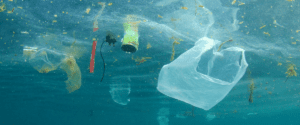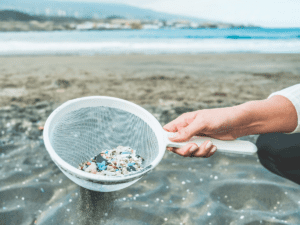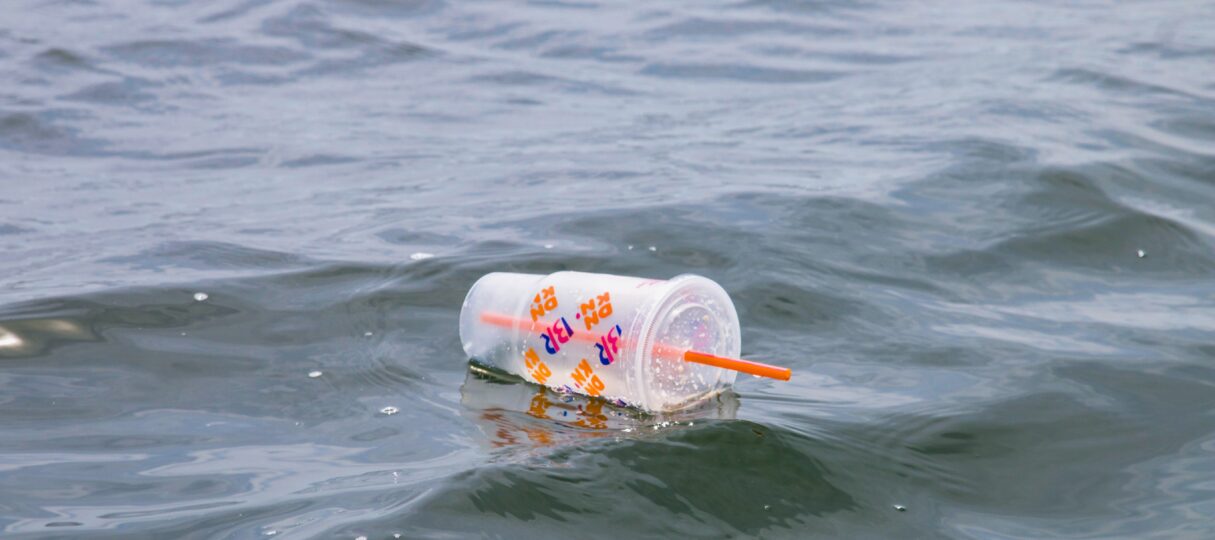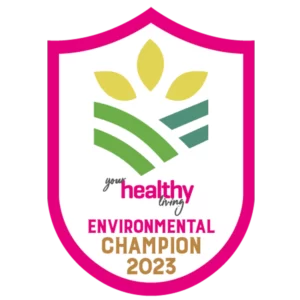To celebrate Recycle Week this year, we looked at some , and investigated the common confusions of . Check out our Instagram for the highlights! For our final Recycle Week post this week, we wanted to look at the impacts of plastic pollution on ocean life, and why plastic recycling is so important.

The problem of plastic pollution in our oceans is not a small one; approximately 8 million pieces of plastic waste find their way into the oceans each year (OSPAR, 2009), and they make up 80% of all marine debris that has been studied (IUCN, 2020). According to UK Government stats, 100,000 marine mammals and turtles and a further 1 million sea birds are killed every year by ocean plastic pollution.
Plastic isn’t inherently bad: since the invention of plastics made from fossil fuels just over 100 years ago, they have contributed to life-saving medical devices, helped us go to space and provide protection like helmets and clean water filtration equipment.
On the more deadly side, single-use plastics now account for 40% of plastic produced annually, and these throwaway items like plastic bags will probably exist after we throw them away for hundreds of years.

As we also explored back in July, these plastics then break down into microplastics. Microplastic pollution has been found in even the most remote locations, and as many as 1 in 3 of the fish we eat contain plastic. In water, plastic absorbs chemicals like PCBs (polychlorinated biphenyl) and DDTs (dichlorodiphenyltrichloroethane), which have been worryingly linked to some cancers research shows, and yet the long-term impact of plastic consumption on our health is still unknown.
It isn’t just plastic consumption that hurts wildlife. Abandoned fishing nets have been known to strangle animals that become entangled, and discarded six-pack rings are easy to get caught in.
The key ocean pollution facts you need to know…
- There will soon be more plastic than fish. We dump about 17.6 billion pounds of plastic into the ocean every year, and by 2050, there will be more ocean plastic than there is fish.
- Fashion is pollution. With every laundry load, more than 700,000 synthetic microfibres find their way into our water systems, and these synthetic fibres make up 85% of all beach trash. Check out Sustainable Fashion Week, who we proudly sponsored this September, to see what they have to say about fast and unethical fashion
- 70% of plastic waste is at the bottom of the ocean. Most ocean plastic pollution sinks to the seafloor, which makes it nearly impossible to clean up.
- Only 9% of all plastic is recycled. The remaining plastic either pollutes the environment or is found in dumps or landfills, according to UNEP reports
- The average plastic bag is only used for 12 minutes. Many plastic bags end up in the ocean, where they can then take between 10 and 1,000 years to decompose
- Plastic production has doubled in the last 50 years. Now, the world’s leading manufacturers plan to increase production by almost a third in the next 5 years.
At Ecozone we have some exciting projects that we’ve been working on to reduce our plastic use where possible, and have already made a number of steps to cut this from certain products in the range. Check out our Plastic Free range here and sign up to our newsletter to be the first to know more news!
Cover photo by Brian Yurasits on Unsplash











